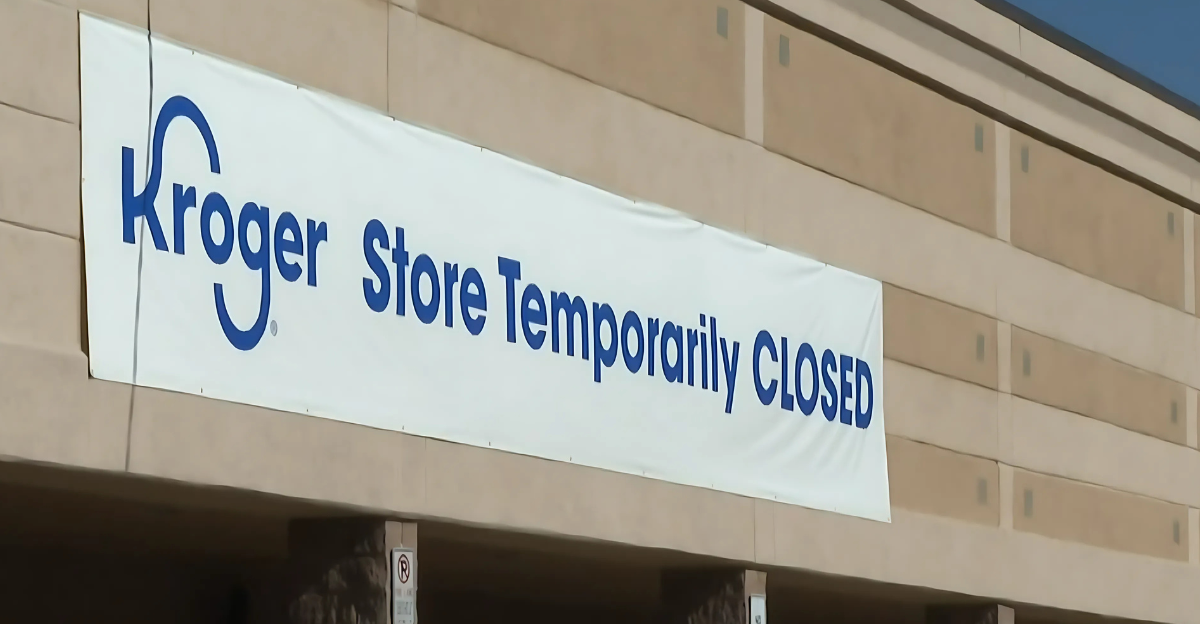
In June 2025, more than 45,000 grocery workers across over 700 Kroger and Albertsons locations in Southern California voted to approve a large-scale walkout. The UFCW union planned this strike in response to low wages, poor working conditions, and alleged unfair labor practices.
This massive strike could have big implications, including disruptions at major supermarket chains during peak shopping periods, potentially affecting supply chains and millions of customers. This bold move shows a new level of worker solidarity and the growing tension between essential employees and corporate leadership over pay and working conditions in the retail industry.
Why It’s Happening
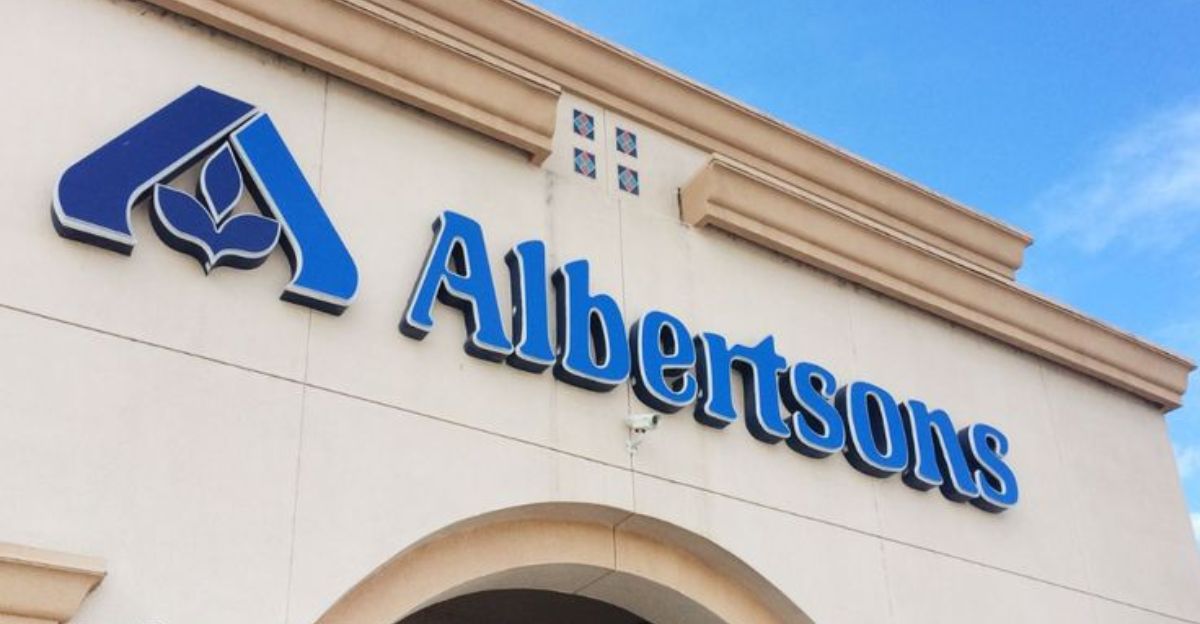
But why is this happening? Well, after months of failed negotiations between unions and grocery giants, this large-scale strike was authorized. Workers have made it clear that they want higher wages, better healthcare, and improved staffing.
Management has denied all allegations of illegal surveillance and retaliation. This conflict reflects wider labor unrest as essential workers demand fair treatment amid rising costs and corporate profits.
Store Closures and Supply Chaos
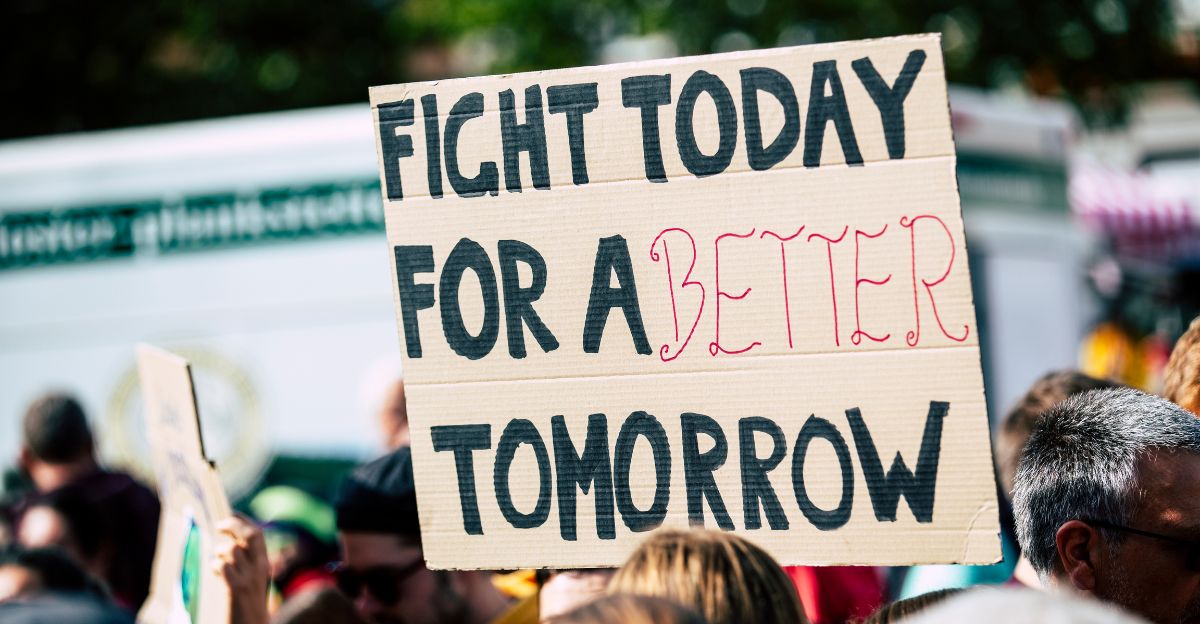
If this strike moves forward, hundreds of stores could be forced to close temporarily. Shoppers might find empty shelves and unattended checkouts while supply chains would be disrupted, leaving products stuck in backrooms.
Customers might also find shortages of fresh food and staples, which could force them to find alternatives and potentially change their shopping habits in the long run.
Competitors and Retailers Respond
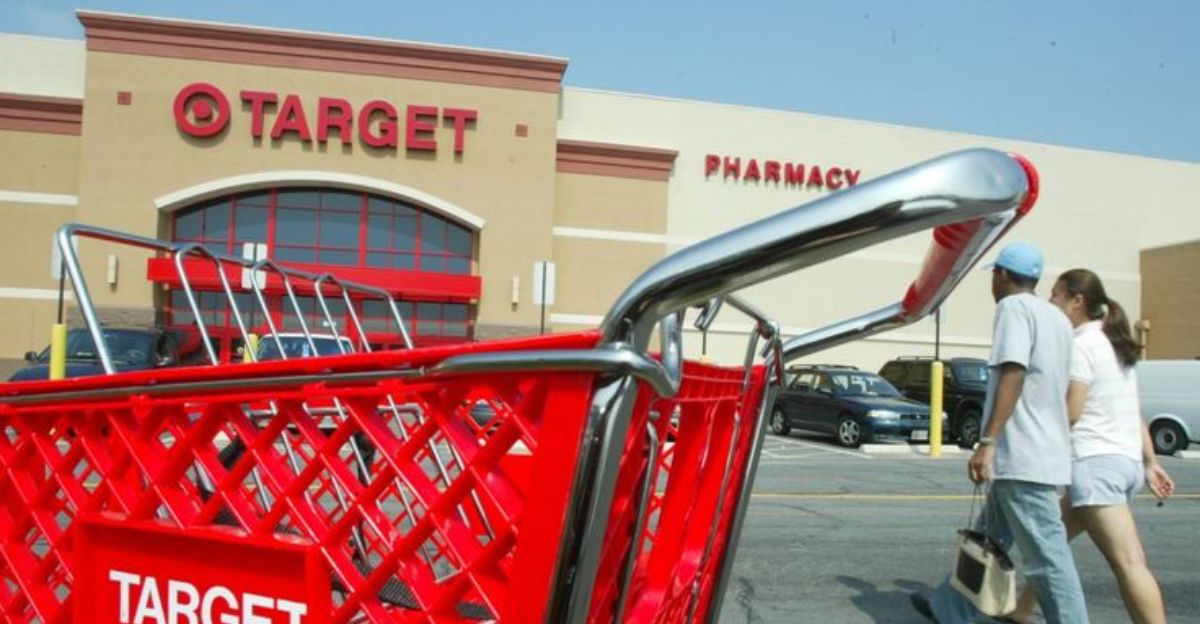
Some of the biggest competitors, like Walmart, Target, and Costo, might also see a surge in new customers and increase their staffing and promotions to attract displaced shoppers.
On top of that, independent grocers and online shops might also benefit from these strikes, which could reshape the competitive landscape and put more pressure on Kroger and Albertsons to resolve this conflict before losing market share.
Worker Solidarity and Wider Labor Movement

The current situation is part of a wider wave of labor activism. Driven by strong public support and a competitive job market, workers are now pushing for better pay and working conditions.
This strike could inspire workers at other chains to take similar actions, strengthening the nationwide demand for fair labor practices and showing growing unity among essential workers.
Investor and Corporate Reaction
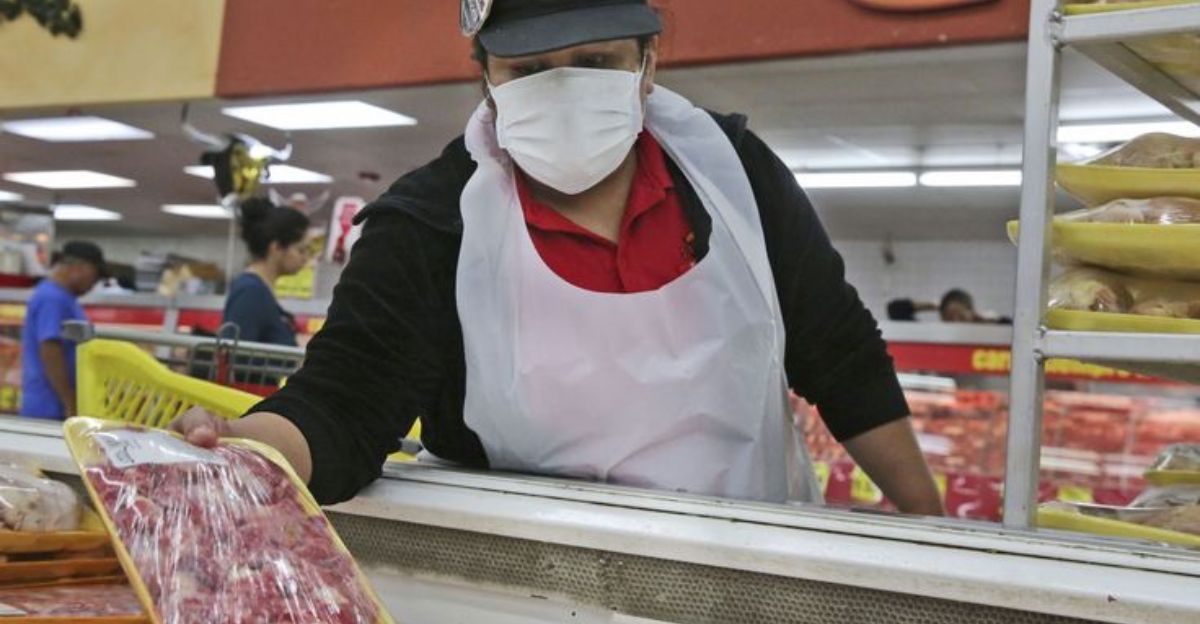
Investors are monitoring the situation closely since prolonged disruptions could negatively affect profits. Kroger and Albertsons have focused heavily on shareholder returns, contributing to growing frustration among workers.
If unfair labor practices are proven, it could lead to legal and reputational risks, potentially forcing changes to corporate strategies and investment in workforce needs.
Community and Consumer Frustration
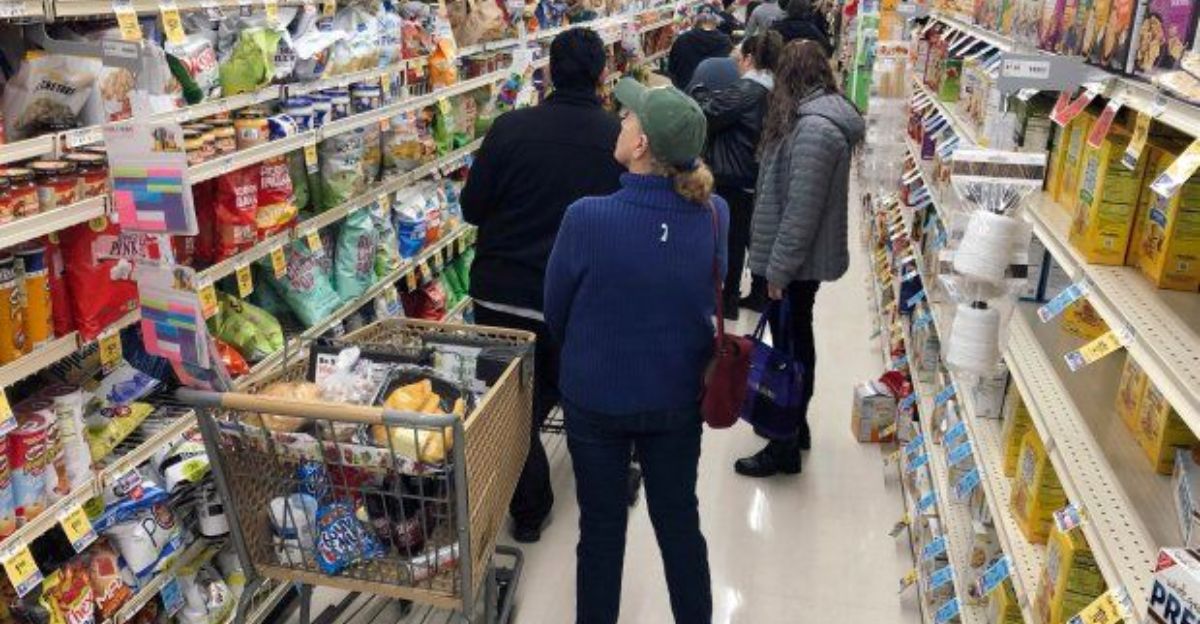
Customers are already struggling with understaffing and long lines. This massive strike could worsen shortages, strain budgets, and even limit food access for vulnerable groups.
Community organizations and food banks might experience a surge in demand, highlighting grocery workers’ essential role and the need for fair pay and better working conditions.
Policy and Political Implications
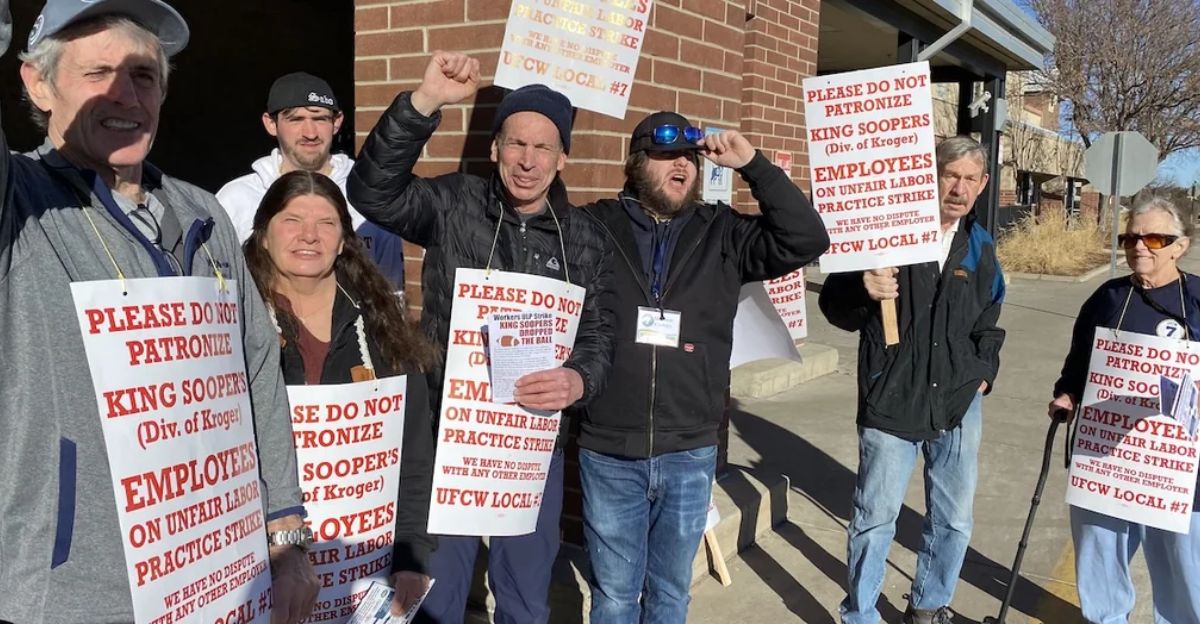
Lawmakers are now under growing pressure to respond to the situation as demands for stronger labor protections intensify. Legislation to support striking workers, like the Food Secure Strikers Act, is gaining steady traction.
This strike could lead to a national debate about income inequality and workers’ rights, which could have a massive influence on future policy and labor laws.
What to Do Now

But what should shoppers do now? They should prepare for shortages by purchasing nonperishables early on and looking into alternative grocers.
They should also consider online delivery and support local stores. Everyone should try to stay informed about the strike’s development. It is also important to advocate for fair labor practices and stand in solidarity with workers. These steps help households adapt and support essential employees during the walkout.
The Strike
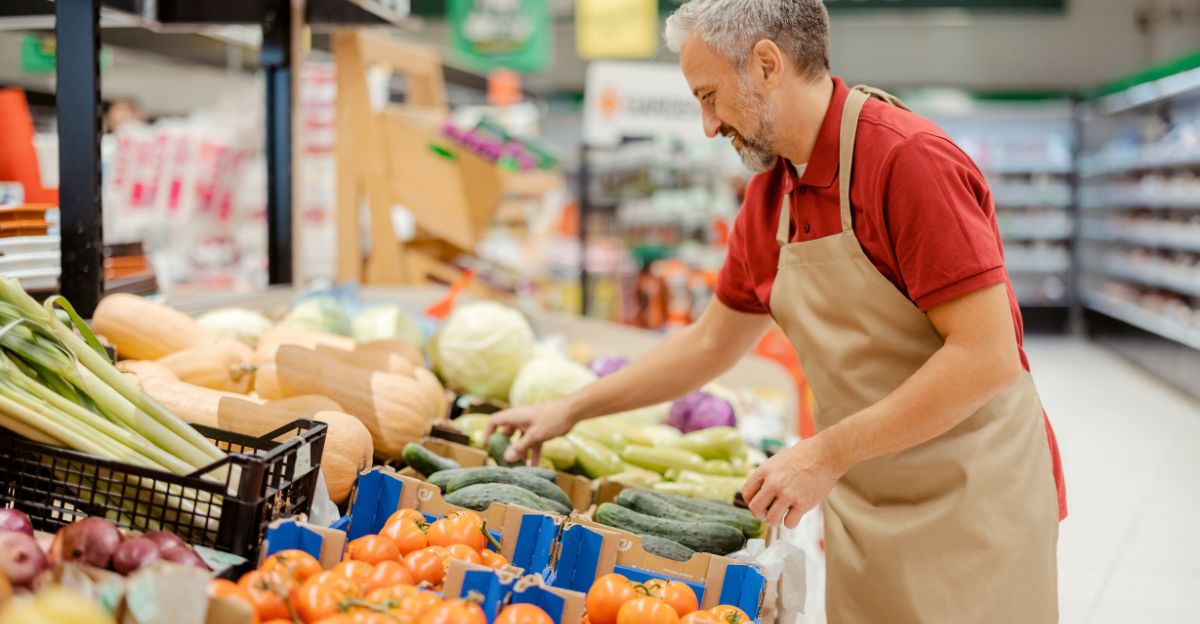
This strike, affecting 700 grocery stores, could have far-reaching impacts on households and communities across America. It shows the important role of essential workers and the vulnerabilities within the food supply chain.
The outcome of this walkout will shape the future of work, retail, and social equity, reminding us of the need for fair treatment for those who keep us fed.
Discover more DIY hacks and style inspo- Follow us to keep the glow-up coming to your feed!

Love content like this? Tap Follow at the top of the page to stay in the loop with the latest beauty trends, DIY tips, and style inspo. Don’t forget to share your thoughts in the comments — we love hearing from you!